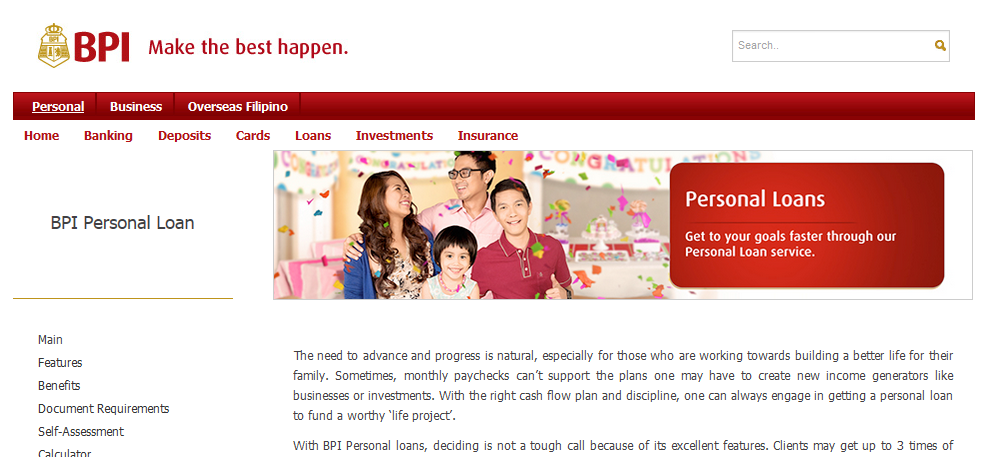Top 5 Cliched Phrases To Avoid In Your Resume
Scouting for a new job involves a lot of planning and strategy. Some people take a liberal approach to job applications by sending their resumes to as many different employers as possible, usually over a short period of time, to rack up a good number of job interviews right away. Others prefer a more focused search for a new employer, carefully choosing only a few companies to send their resumes to.
Whichever approach you take, your main goal is to convince even the strictest and most selective employer that you are the right person for the job. This means that you have to craft a professional resume that highlights both the services that you can offer to the company and the personality traits that make you a perfect fit with its current crop of employees.
If you’re planning on shifting careers or changing companies, your first move should be to update your resume to make it more professional, concise, and comprehensive. Hiring managers sift through dozens of resumes in a day. How do you make sure that your submission stands out? Here are some key phrases that you should avoid.

1. “References available upon request”
Your employer wants to know every relevant detail that can help him decide whether to hire you or to move on to a new applicant. Rather than withhold the names of your character references until the employer asks for them, you should just provide the information right on your resume. This greatly helps your hiring manager gain a better understanding of the work that you previously did for other companies, while at the same time making you appear confident and candid about it.
2. “Detail-oriented” or “results-driven” or “go-getter”
These used to be the resume buzzwords a couple of years back, but right now they’re empty phrases that really don’t show your potential boss about what you can do. Instead, walk him through the objectives that you were provided, the measures you took to achieve them, and the results that you ended up with. Be as descriptive as you can without boring the reader to tears.
3. “Team player”
It’s a given that you need to work with other people in the office and that you need to be able to get along well with them. This is another empty, shallow phrase that gets thrown around so much in resumes, taking up precious space that you could otherwise devote to more helpful information about yourself. What you can do instead is to give an example of a work collaboration in your previous job, emphasizing your specific duties and how you were able to contribute to the overall success of the project.
4. “Highly qualified”
You may think you’re qualified for the job that you’re eyeing, but at the end of the day, it’s the hiring manager who makes this decision for you. Try not to pre-empt him or her by calling yourself qualified and then failing to show just how and why you are the perfect pick. Again, the key here is to tell a convincing story about your professional prowess rather than peppering your resume with vague and unhelpful words.
5. “Salary negotiable”
Some job postings already include information about the compensation and benefits attached to the position, giving applicants a fair idea of just how competitive the ensuing evaluation will be. It’s inadvisable to stick a price tag to your skills at the start of the application process, since doing so allows the hiring manager to know just how much value you attach to your services. The better move is to wait until the first in-person interview to discuss money matters, which is when you would have gained a better picture of the exact responsibilities that the job entails and what the company expects from you. This information makes it easier for you to bargain for a better salary, if needed.







